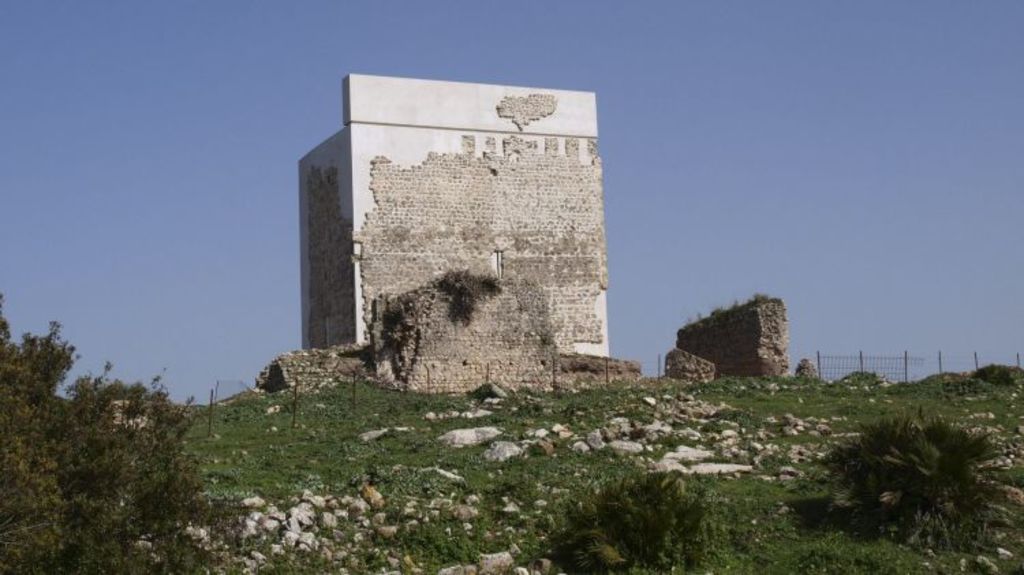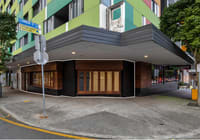
Much-maligned Matrera castle restoration in Spain wins architects' prize
Doreen Carvajal
The ancient castle of Matrera in southern Spain fell under siege last month by critics who mocked its unusual restoration as a barbarity. Now, an online architects’ community has returned fire, honouring the work this week with a preservation prize.
The award, announced this week by Architizer, is a vindication of sorts for Carlos Quevedo Rojas, the architect behind the restoration, in which he reinforced the crumbling stone battlements with a wall of mortar.
“We are very happy,” Quevedo Rojas said. “It’s an enormous recognition of five years of work and effort. The project and its development was done with much analysis, rigour and detail.”
 Original: Matrera Castle before its restoration. Photo: New York Times
Original: Matrera Castle before its restoration. Photo: New York Times
Critics had called the restoration “lamentable,” and headline writers mocked the project. Hispania Nostra, a preservationist group that advocates the protection of heritage sites, called the new look a “disaster”.
The design drew comparisons to a botched amateur restoration in 2012 of a nearly century-old fresco of Jesus crowned with thorns that has turned into a tourist attraction and economic bonanza for the town of Borja in north-eastern Spain.
 Nailed it: The 2012 fresco of Jesus “restoration”. Photo: Centro de estudios Borjanos
Nailed it: The 2012 fresco of Jesus “restoration”. Photo: Centro de estudios Borjanos
Matrera Castle, a ninth-century fortress that is privately owned, was declared a national landmark in 1985. The original plans for its restoration were altered after the north wall collapsed in 2013 because of flooding.
Quevedo Rojas said he submitted his design early this year to Architizer, a social network founded in 2009 that is a kind of Facebook for architects and that hands out awards in a range of categories. Entries were evaluated and shortlisted by 300 experts, with the finalists submitted to an online vote.
“Many people have been trumpeting the controversy,” said Marc Kushner, chief executive of Architizer.
“The reaction to this thoughtful architectural project, though, is not controversy. It is a debate, and any project that gets the public thinking and talking about architecture is ultimately a good thing.”










